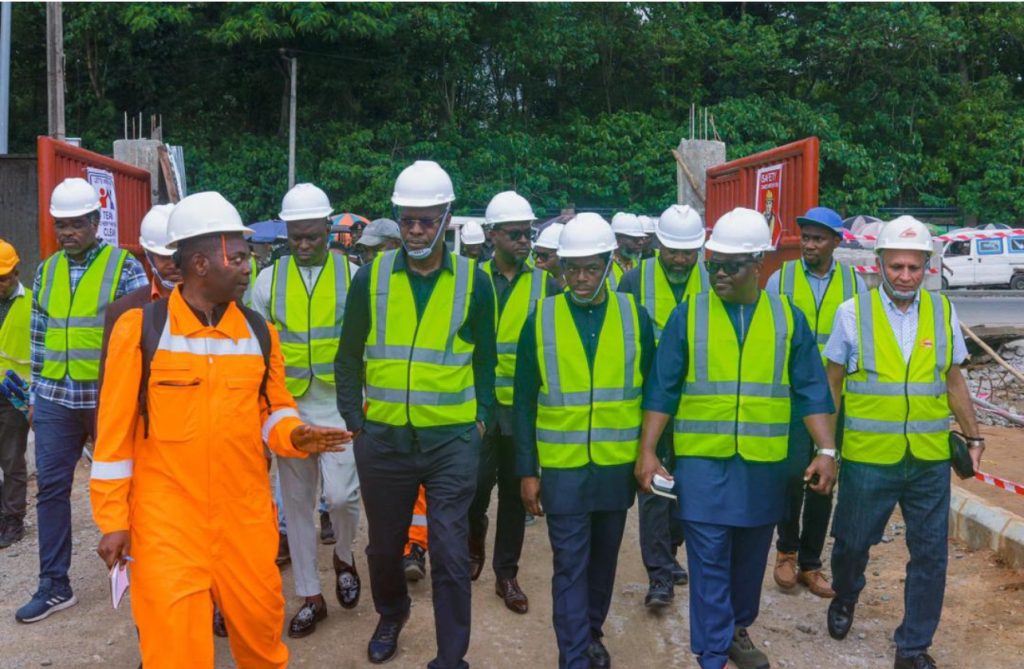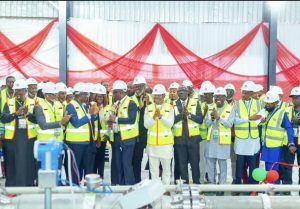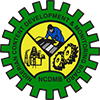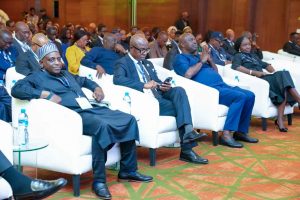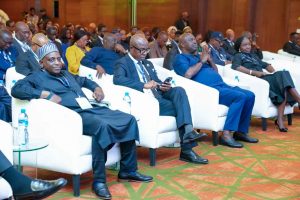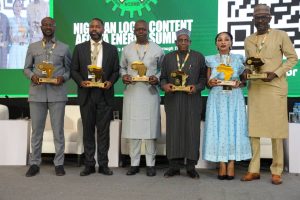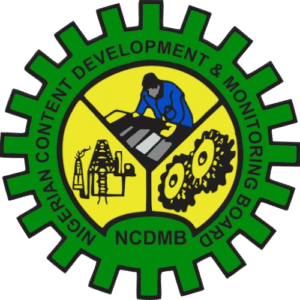The Nigerian Content Development and Monitoring Board (NCDMB), in partnership with Renaissance Africa Energy Company Limited, recently conducted a joint project site inspection at the Government Technical College (GTC), Port Harcourt, in Rivers State. The inspection marked a significant milestone in the implementation of a Human Capacity Development (HCD) institutional strengthening intervention under the NCDMB’s strategic push for sustainable TVET (Technical and Vocational Education and Training) development in Nigeria’s oil and gas industry.
The NCDMB team was led by the Director, Capacity Building Directorate (CBD), Engr. Abayomi Bamidele, while the Renaissance Africa team was led by its Executive Director, Mr. Igo Weli. Also present were the HCD Project Lead for Renaissance Africa, Mr. Olabanji Abisiga who conducted both teams round the project site, the Nigerian Content General Manager, Renaissance Africa, Mr. Olanrewaju Olawuyi, and representatives of the project contractor, Morpol Engineering Services Limited., led by Mr. Edward M. Tawfik. The Principal of GTC Port Harcourt, Mrs. Augusta Ojima, was also in attendance.
During the inspection, both teams reiterated the need for a robust sustainability plan, especially in light of recurring security challenges such as vandalism and unauthorized access to the premises. Mr. Igo Weli emphasized the importance of government participation, stating, “Without local and state government buy-in, the sustainability of this investment is at risk. Protecting this facility must become a shared responsibility.”
Engr. Abayomi Bamidele of NCDMB echoed this sentiment, advocating for a multi-stakeholder town hall involving community leaders, school administrators, local and state government officials, and other critical partners to develop a shared framework for protection and future development.
He noted, “We don’t intend to do this twice. This intervention must serve its full purpose—to empower the youth, strengthen technical education, and build a resilient manpower base for the nation’s industrial and energy sectors.”
The Principal of GTC PHC, Mrs. Augusta Ojima, expressed optimism and gratitude for the project, noting that it will reposition the college as a model for technical education in Nigeria.
The project is an offshoot of the earlier HCD collaboration with Shell Petroleum Development Company (SPDC), repurposed and expanded by Renaissance Africa with NCDMB’s oversight to modernize GTC Port Harcourt. The intervention aligns with NCDMB’s policy on institutional strengthening and sustainable capacity development in technical education, aimed at producing globally competitive skilled and semi-skilled manpower for Nigeria’s oil and gas sector and beyond.
Phase 1 of the project, which focused on civil works and infrastructure, is 100% complete. Facilities constructed include:
• A 100-computer ICT Centre
• Agriculture Workshop
• Painting and Decoration Workshop
• Architectural and Building Workshop
• Fitting and Foundry Workshop
• Poultry and Fish Farming Workshop
Approximately 60% of the equipment for these facilities have been procured and secured, pending completion of Phase 2, which includes:
• Construction of perimeter fencing
• Development of drainage and road networks
• Installation of an 18,000-litre water tank
• Provision of a 250KVA generator set
Phase 2 is crucial to ensuring the long-term security, functionality, and sustainability of the assets, thereby making the institution fit-for-purpose in delivering technical and vocational education of global standard.
As the project progresses to its final phase, the NCDMB and Renaissance Africa will intensify engagement with key stakeholders to align on infrastructure completion, equipment installation, and security strategies to ensure the successful handover and operation of the facility.
This project reflects NCDMB’s unwavering commitment to advancing Technical and Vocational Education and Training (TVET), building sustainable institutions, and ensuring the inclusive development of Nigeria’s human capital across the oil and gas value chain.
Discover more from Nigerian Content Development & Monitoring Board
Subscribe to get the latest posts sent to your email.
